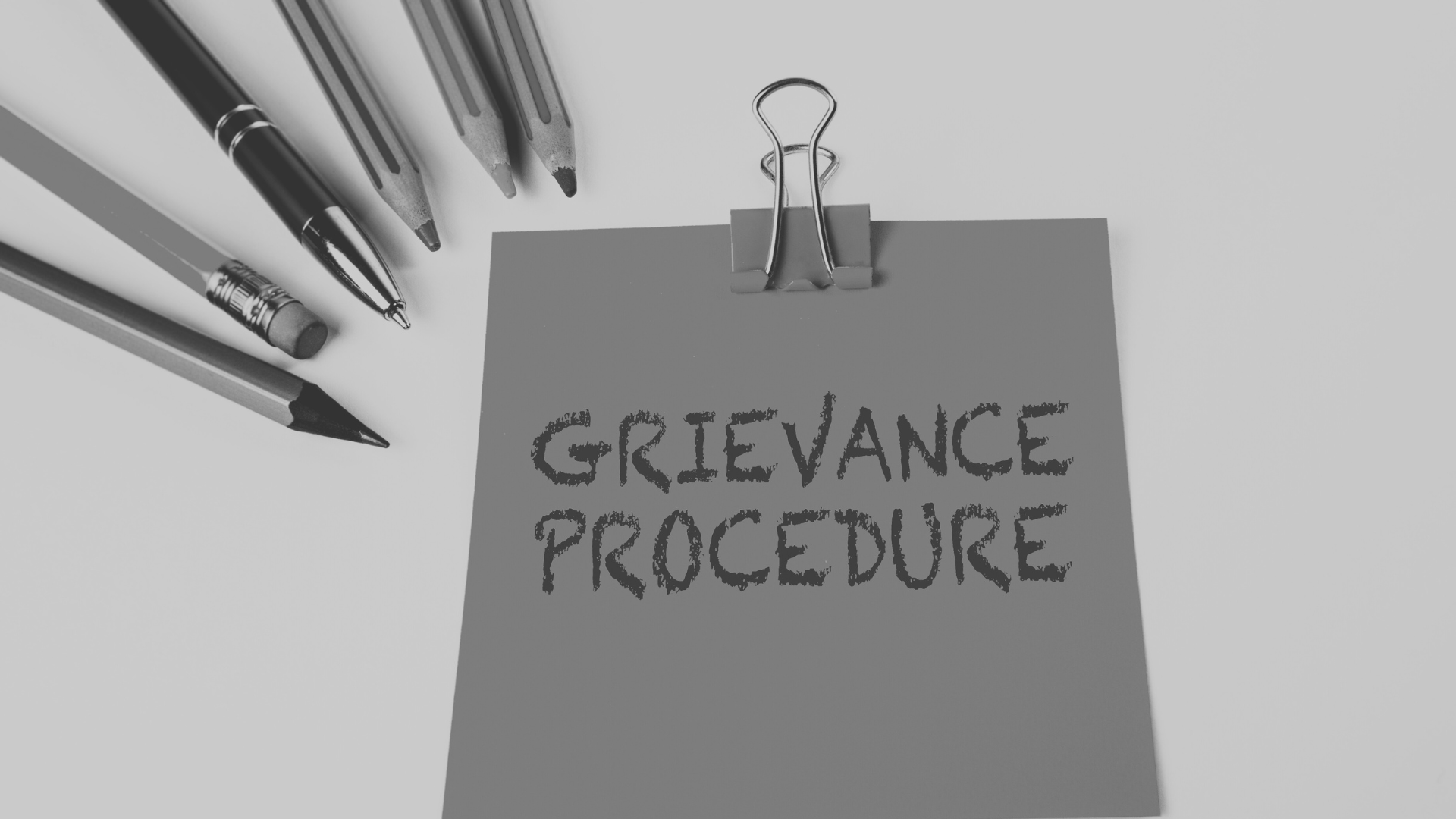A recent employment appeal tribunal (EAT) decision has held that it is possible to dismiss fairly an employee who raises repeated, frivolous grievances.
Background
An employee raised multiple grievances against his senior managers. He was warned he could be disciplined if the grievances were found to be frivolous, to which he raised another grievance in response. Another grievance meeting was arranged which he refused to attend despite being told this was a reasonable management instruction. The process continued in his absence and he was ultimately dismissed for gross misconduct. The EAT held his dismissal was fair.
Practical takeaways
Consider the facts – this decision doesn’t mean that you can dismiss wherever an employee raises a number of grievances – it establishes that you must consider the entirety of the employee’s behaviour. In this case, the employee’s refusal to withdraw the grievances and attend the grievance meeting contributed to the EAT’s decision that the dismissal was fair.
Focus on the merits – always carefully consider the merits of each grievance raised and follow your grievance process to ensure a thorough investigation of the facts rather than focussing on the behaviour of the employee raising concerns.
Document decisions – if you do find that any grievances raised are frivolous or unfounded after investigation, ensure this is clearly communicated and documented with evidence of your decision-making process and the facts you relied upon at the time.
Take early advice – these kinds of cases are easy to get wrong, particularly if the grievances could amount to ‘blowing the whistle’. Take advice from us at an early stage to ensure you’re well placed to act appropriately and lawfully.
We can help train your teams to manage constant complaints more effectively and efficiently – get in touch to find out more.





